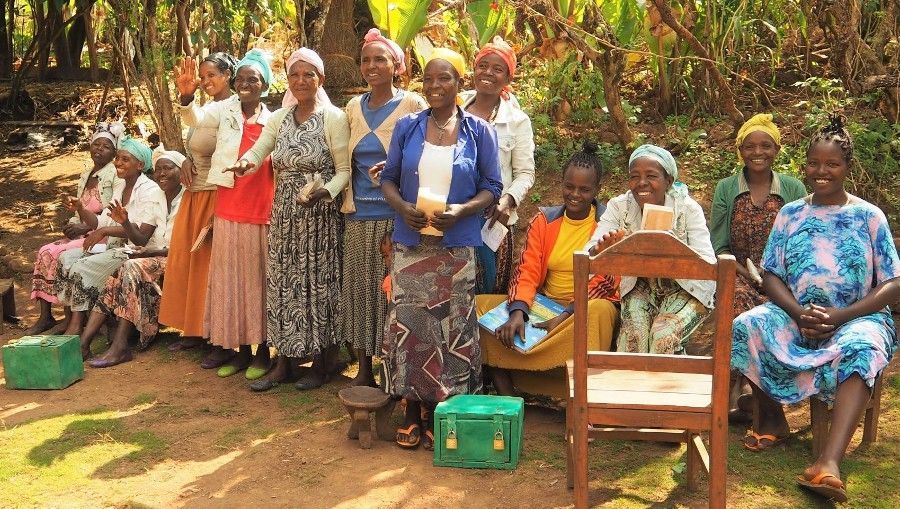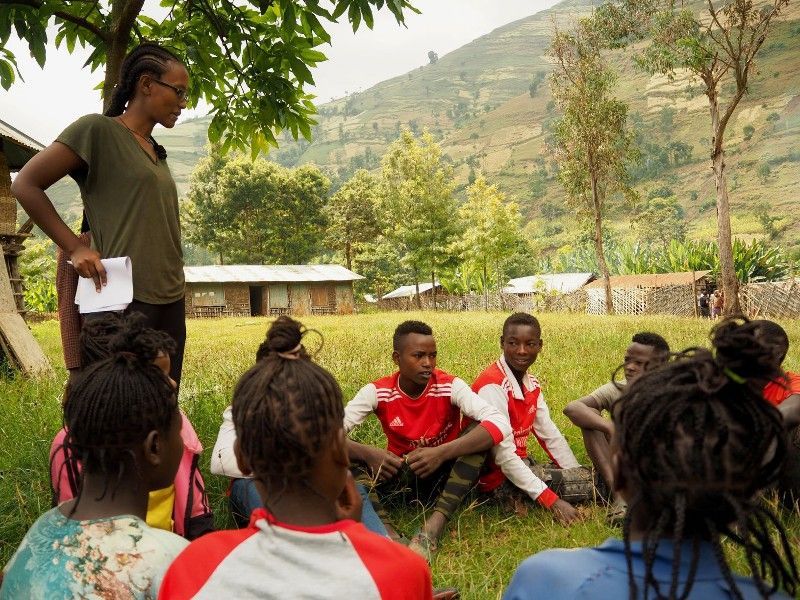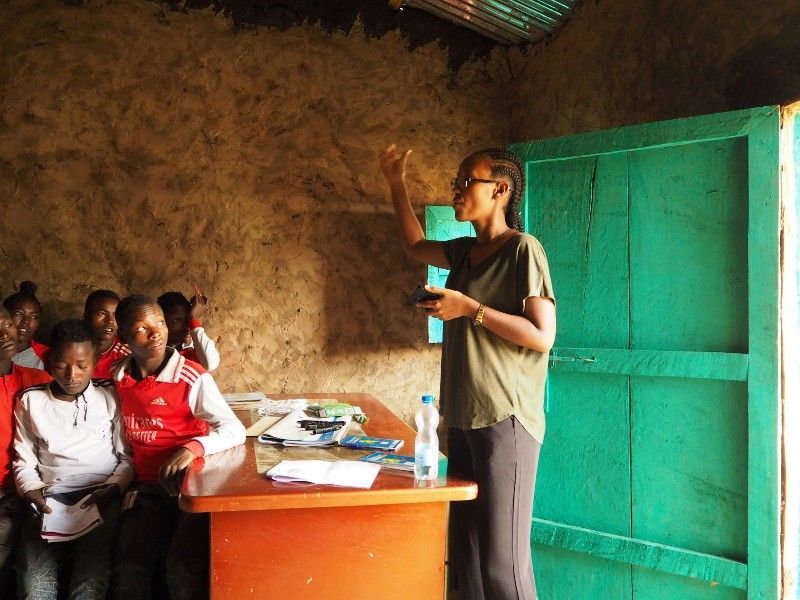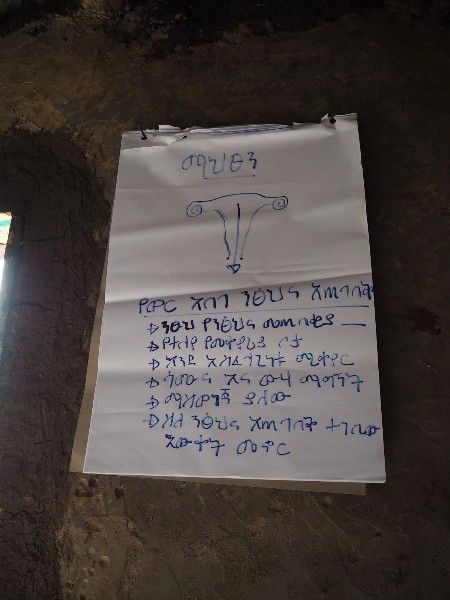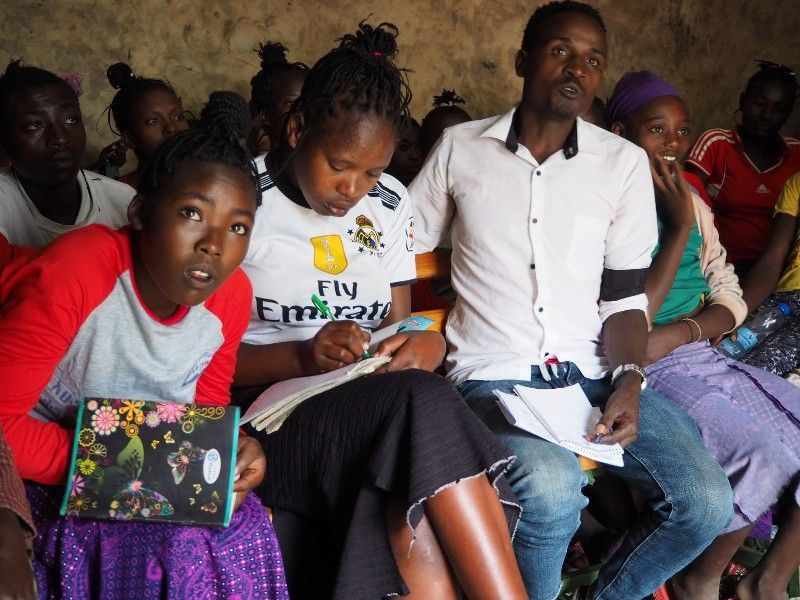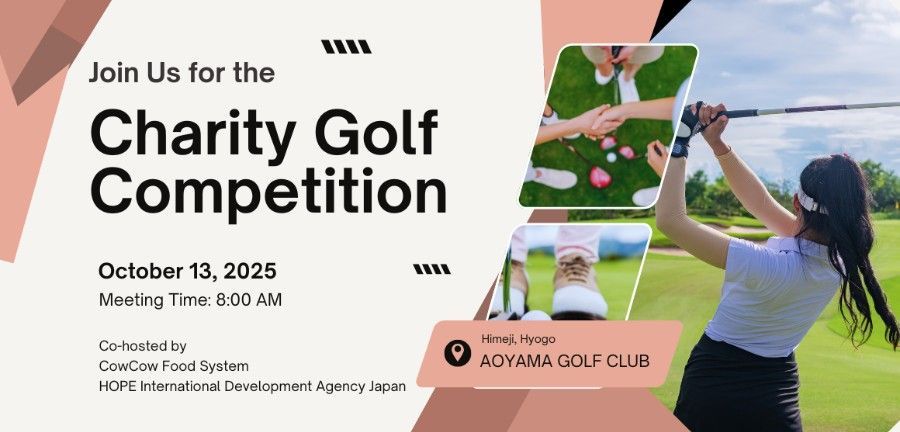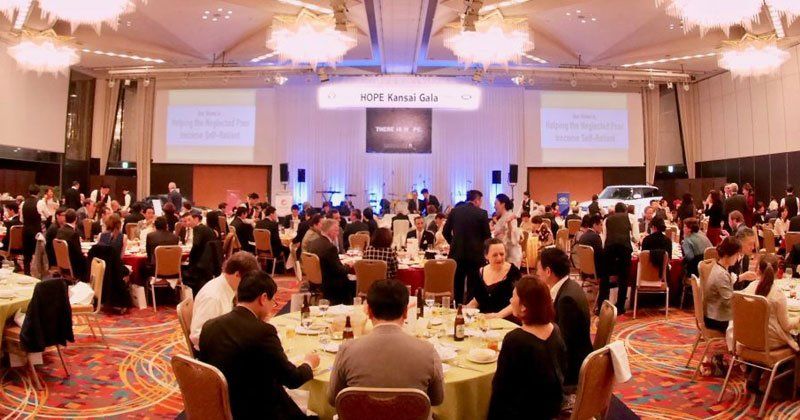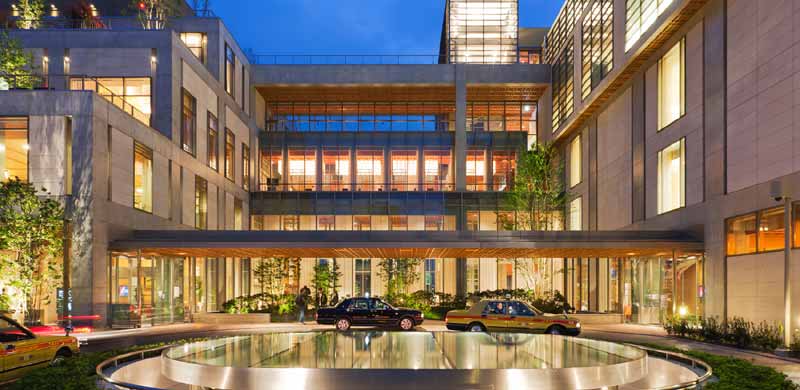Protecting Women's Dignity: Menstrual Hygiene in Rural Ethiopia
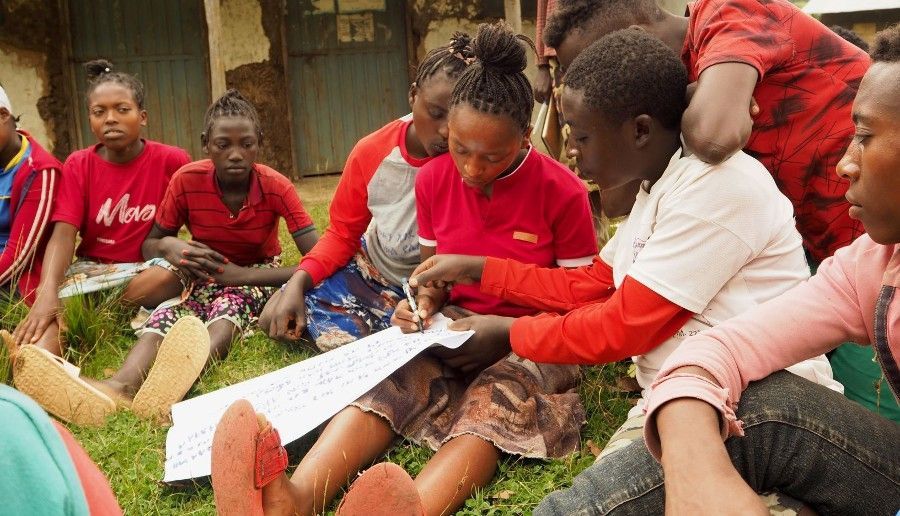
From Water Projects to Building School Latrines:
Raising Awareness on Menstrual Hygiene
In Ethiopia, since 2004 we have worked with local communities to provide access to clean water and raise awareness about sanitation and hygiene, and in 2016 we expanded our projects to include the building of school latrines to improve sanitation in rural villages. The goal of SDG 6 is to "ensure availability and sustainable management of water and sanitation for all," and Target 6.2 implies the need to address menstrual hygiene in "consideration of hygiene issues specific to women." In the report (Joint Monitoring Programme) published by WHO and UNICEF in 2017, menstrual hygiene management was included as a hygiene indicator.
HOPE could not overlook the problems related to menstruation in these communities. Therefore, in 2023, with the support of the TOTO Water Environment Fund, we implemented a project to address menstrual issues in rural Ethiopia.
Menstrual Education and Conditions in Rural Ethiopia
With technical cooperation from the United Nations Population Fund (UNFPA), a female medical doctor from the project area was invited as a lecturer to conduct menstrual education sessions.
The class planned to divide 37 male and female students from grades 4 to 8 into small groups and have them present what they knew about menstruation. As expected, the children had never talked about menstruation in public before and had little knowledge about it, so they appeared confused. The lecturer then spoke about menstruation, health, and hygiene from a medical perspective, while teachers and HOPE staff shared their experiences of first menstruation with the children. Gradually, an atmosphere was created where everyone felt comfortable talking about menstruation, and female students began to voluntarily share their own experiences.
What they shared was fear. They had never heard about menstruation from their mothers or at school, and due to local customs couldn’t talk with their families about it. When they first got their period, they were simply terrified. They learned how to cope by asking friends and used leftover cloth or leaves, which posed many hygiene problems. This class provided an opportunity for children who had never had a chance to talk or consult about menstruation to learn about it and proper ways to manage it.
UNFPA Ethiopia visited HOPE's project site for coverage. The activities and voices of women were featured, and an article was distributed on May 28th, which is globally recognized as "Menstrual Hygiene Day."
Dignity in Every Cycle: A Mission to Transform Menstrual Health in Southern Ethiopia »
Even If We Distribute Sanitary Cloth Napkins, What Next?
In rural Ethiopia, access to sanitary products is a big challenge. HOPE's local communities are no exception. During this project, as a temporary solution to this problem, we distributed cloth napkins purchased from the capital of Ethiopia, Addis Ababa, to all the girls.
The sanitary cloth napkins were well received, so much so that some women were positively surprised and said that they couldn't believe how comfortable they were. However, in these rural communities, there are no stores where they can purchase napkins. Cloth napkins can be made at home, but we found that this was not realistic. In rural Ethiopia, it is difficult to obtain cloth material suitable for sanitary napkins, and since there are no sewing classes like in Japanese elementary schools, sewing is considered a special skill. Instead of continuing to distribute sanitary products, HOPE is currently researching and developing ways to help the local communities obtain them by themselves. Until sanitary products become readily available, the lecturer advised the local women to change their napkins 3 or 4 times each day and to always wash and dry the used pieces of cloth to keep them clean.
To Protect Women's Dignity
Women experience menstruation every month from a certain age and must learn to live with it. Until recently, menstruation was not considered an issue that required support. However, the social awareness that supporting menstruation can lead to protecting women’s dignity may have become more prominent by the voices of women who raised the issue of #PeriodPoverty.
HOPE will continue its activities to ensure that support for menstruation is not postponed, and that women around the world can go about their daily lives as usual, even on days when they have their periods. We aim to create a world where menstruation does not hinder women's regular activities or compromise their dignity.
